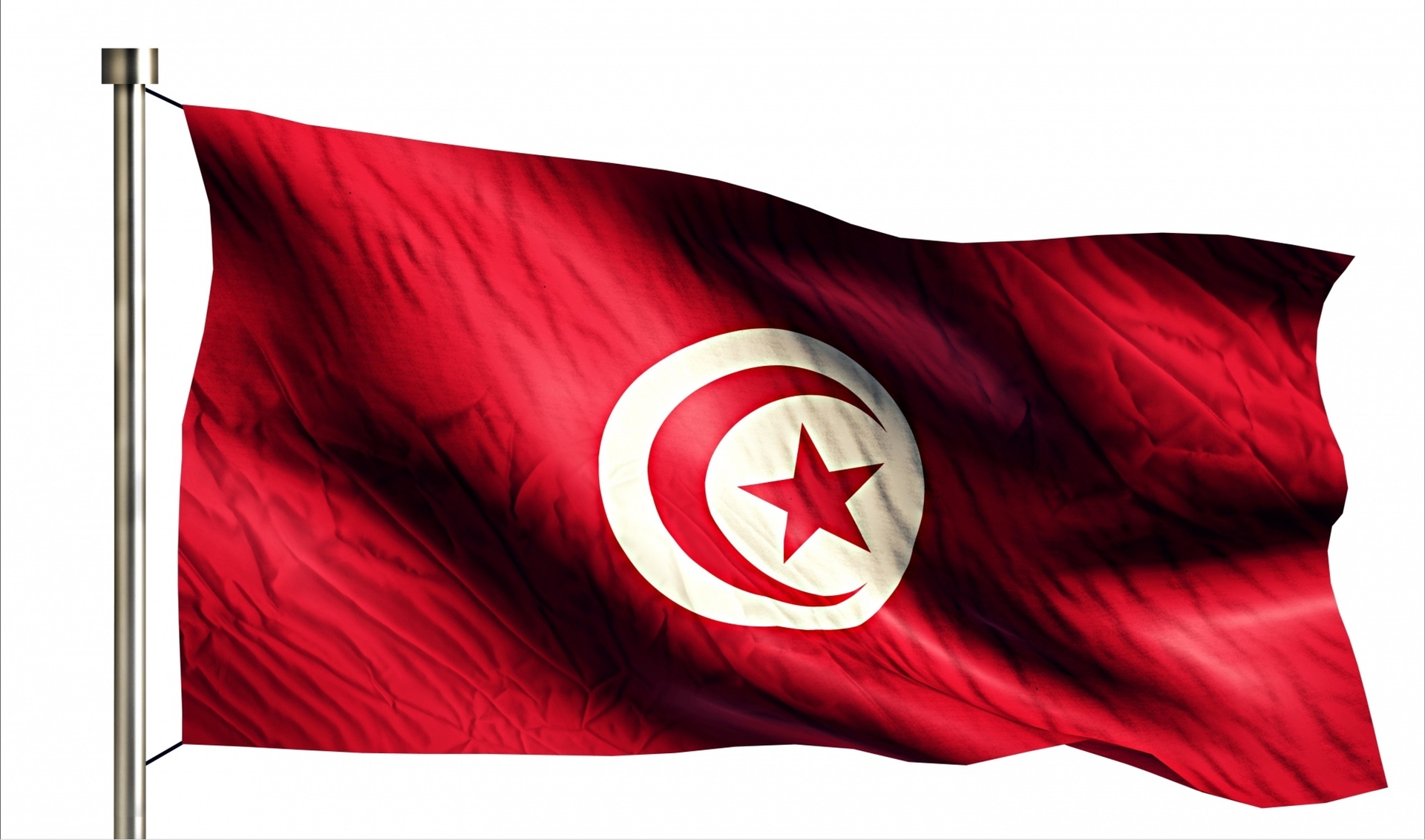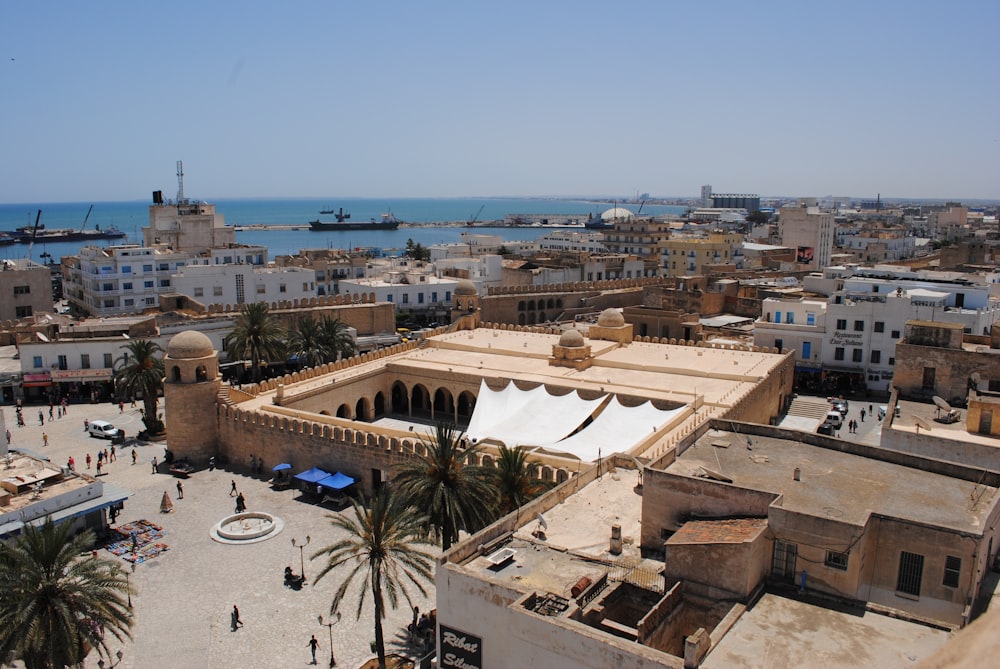
The school system was French. Along with state schools, there were private schools. All schools paid tuition fees. Less than 1/3 of children were enrolled in primary school (about 30% of the corresponding age). In 1956, over 84% of the population over 10 years of age was illiterate. In the state, the educational system is built according to the French. This industry is now given the utmost importance. About 20% (sometimes more) of the state budget is allocated for it. Since 1991, education has been compulsory for children. All types of it are free.
After the proclamation of independence, the government began to take measures to eliminate illiteracy, and expand the network of educational institutions. The appropriations for education were increased; the leadership of public education was centralized and placed under state control; private educational institutions were also brought under state control, and tuition fees were abolished in all state primary and secondary schools.
In 1958, compulsory primary education was introduced for children from 6 years of age, and school reform was carried out, which provided for the unification of all types of schools and the creation of a unified education system in the country. The school curriculum has also been revised and adjusted to the specific conditions of the country. In secondary school, the study of natural science and technical disciplines has been expanded.
In rural primary schools, classes were combined with practical work. In the mid-70s. Education reforms were carried out with the aim of Arabizing education, which is primary school began to be carried out in Arabic and only by Tunisian teachers, in secondary – teaching in the Arabic language of humanitarian disciplines. However, even after these reforms, the influence of the French education system remained noticeable; the French occupy a significant place in the educational process.
From 3 to 6 years old, children receive preschool education. Since few children attend kindergartens, the country’s government pays great attention to this type of education. Children go to study at the age of three or four years. This step is optional and certainly not free. By the way, he appeared in this country relatively recently.
School education is compulsory for all children. It is received by children between the ages of 6 and 16. It is divided into primary and secondary. It is possible to pick up a diploma after completing only the initial one. Every few years, the student moves to a new level of education.
Nine years is the duration of primary education. It consists of a couple of stages: one – to six years, and the second – three years (one-year teaching general disciplines, and then two years of pre-specialized education). Note that during supervision it changes the color of the students’ uniforms a couple of times. All children learn four foreign languages: three compulsories (French, Arabic, and English) and one to choose from (this can be Spanish or German, or Italian).
School: elementary
At this stage, children are trained until the age of fifteen. The first stage lasts from the first to the sixth grade (from six to twelve years). Starting from the second grade, children begin to learn French, and from the fourth – English.
The second stage of education lasts from the age of 12 to fifteen, that is, from the seventh to the ninth grade. During this period, children go to college. During their studies, children learn three languages: two foreign languages and, of course, Arabic. After which they take exams, and then receive diplomas of completion.
Middle
Education in it takes place from the age of fifteen and lasts until the age of 18. The last is the third stage of education, which children receive at the Lyceum. In the first year of study, students take a general course, and then (for the next three years), each chooses a specific area for himself: literature, mathematics, etc. At the same time, one language is added. After graduation with a bachelor’s degree.
In the latest grade, all students take state exams (uniform) in twelve sciences. The next stage is to create an application to the university in which each of their children would like to study.
Higher
There are private universities in this state. Besides, state institutions are also functioning. At the same time, both in those and in others, you must pay for admission to the exams. If the exam is not passed, then the money will not be returned anyway. The person who passed it and became a student no longer pays for anything.
Postgraduate
After receiving a bachelor’s degree and, of course, a diploma, each person can continue their studies. The next stage is specialization and individual work (research). The latter culminates in the award of a master’s degree.
Usually, theoretical subjects are taught in the first year, and research is already carried out in the second. Students with this degree can receive, after 1 year of additional training, a diploma of specialization in a particular professional field.
The next stage is deepening into specialization. Duration – not less than two years, provided that the applicant has a Master’s degree. All research results that were made during this stage are formalized as a dissertation. She needs to be protected in the academic council. The final element of the defense is the award of a Ph.D. degree, indicating the profile for which the training was carried out.
The academic year in the country begins on the fifteenth of September and ends on the thirtieth of June. There are thirteen public universities in the state, and besides, there are some private institutions.

